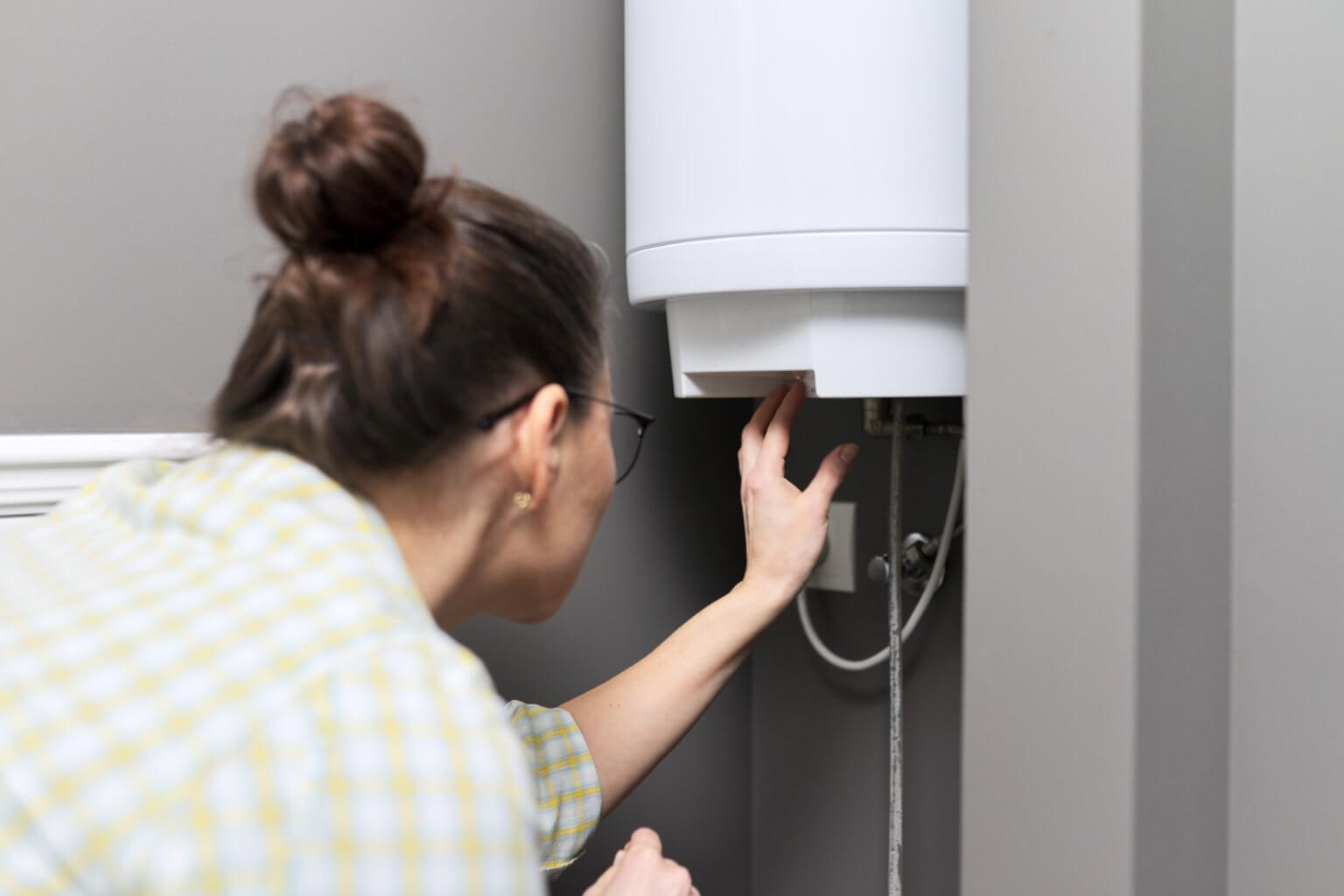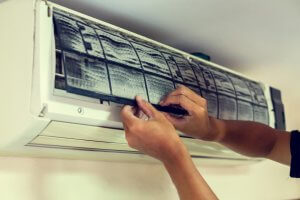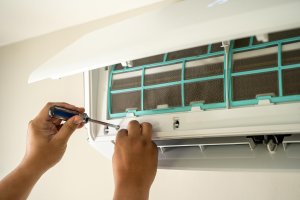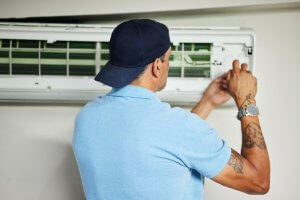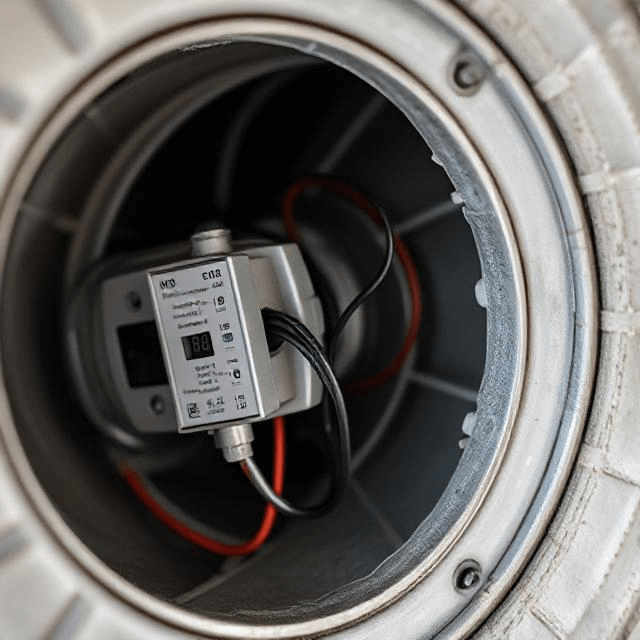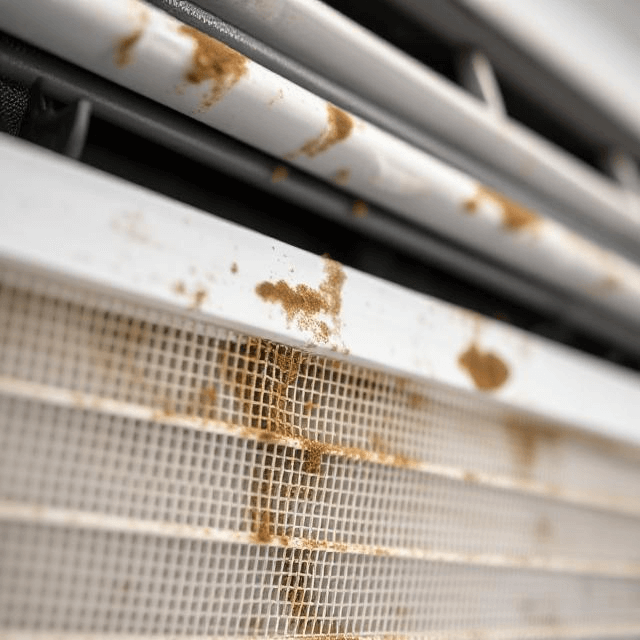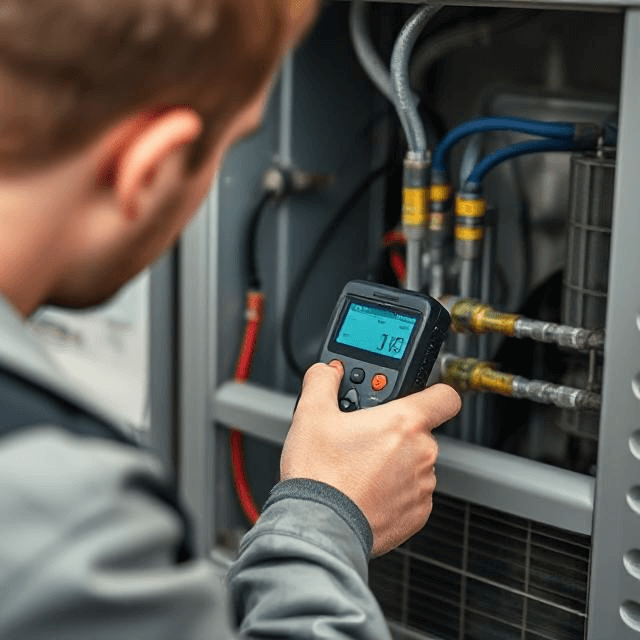Is your water heater refusing to cooperate? Sometimes, a struggling water heater is the result of too many loads of laundry or hot showers. In other cases, however, it might be time to replace your hot water heater altogether.
Most residential water heaters last between six and thirteen years. If your water heater is more than a decade old, you might need to purchase a new one.
Here are six telltale signs that you need to replace your water heater.
Before we begin, it’s important to note that water heaters can be dangerous if not handled properly. Always have a team of specialists diagnose, repair, or replace your heater.
1. Your Water Heater Is 10+ Years Old
Is your hot water heater getting up there in age? If so, you might need to replace it sooner rather than later. While you might be able to still squeeze a few more good years out of your heater, you should start preparing to buy a new system.
As we mentioned earlier, most water heaters will last up to 13 years. If yours has seen—and passed—the 10-year mark, it might not be as efficient as it used to be.
If you don’t know how old your water heater is, check its serial number. This is usually found on a sticker that is on top of the unit. If you can’t find a date, enter the serial number into the manufacturer’s website to get more info.
2. Knocking Noises or Tapping
Have you noticed unusual knocking or tapping sounds coming from your hot water heater? If so, it might have sediment buildup. This can create small tears in the metal, causing leaks. This is a sure sign that your system is on its way to appliance heaven.
3. Higher Utility Bills
Did you see a sudden spike in your energy bills lately? Skyrocketing utility bills could be an indicator that your hot water heater is struggling. Tanks eat up a lot of energy to generate enough hot water for your entire home. When your heating bills suddenly increase, it could mean that your water heater is approaching the end of its life expectancy. The system’s inefficient operations need more energy to heat the water, impacting your budget.
To lower your heating bill, consider swapping out your aging water heater for a modern, more energy-efficient model.
4. Fluctuating Temperatures
A properly operating system’s thermostat will stay where you originally programmed it. Sometimes, it will cool off too much. To test this theory, readjust the thermostat and use a piece of tape as a marker. If the thermostat changes, your water heater might be unstable.
A second approach is to test the thermostat with a multimeter. If you don’t have one or think your unit is faulty, call a team of professionals.
5. Frequent Leaks
Does there seem to be puddles of water constantly gathering around your hot water heater? If that’s the case, it’s time for a change. Leaks could indicate that one of the unit’s pipes, connectors, or screws might need some tightening. Or, it could indicate more serious issues.
It’s always best to have professional technicians examine your water heater to see what could be causing the leaks.
6. Bad Odors
Taking a shower can be far from enjoyable if your hot water is cloudy or smells like rotten eggs. Yuck!
If your home’s water looks dirty or stinks, it could be from a build-up of bacteria or rust. This means the water heater’s built-in anode rod is failing.
Before you call a professional, make sure that the stench is coming from the hot water heater and not your home’s water supply. You can do this by pouring both hot and cold water into two clear glasses. If the cold water looks and runs clean from the tap but the hot water looks murky, the problem is probably your hot water heater.
Keep Your Home Warm and Cozy
If you need a new water heater, call the furnace installation experts at Season Control. For over 30 years, we have been providing heating repair, A/C installation, and indoor air quality solutions to Los Angeles homeowners.
Contact us today by calling (818) 797-7917 to learn more.



